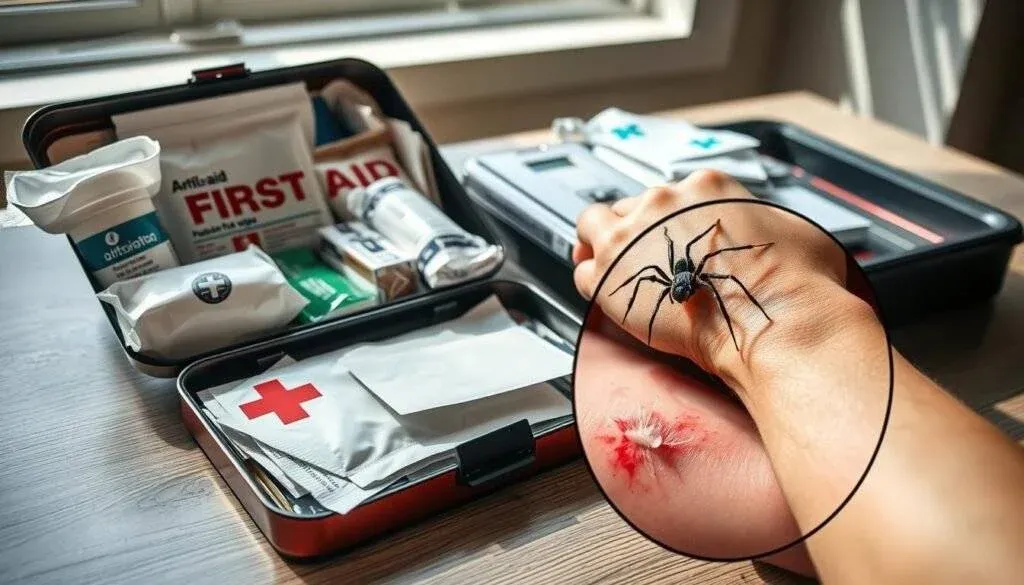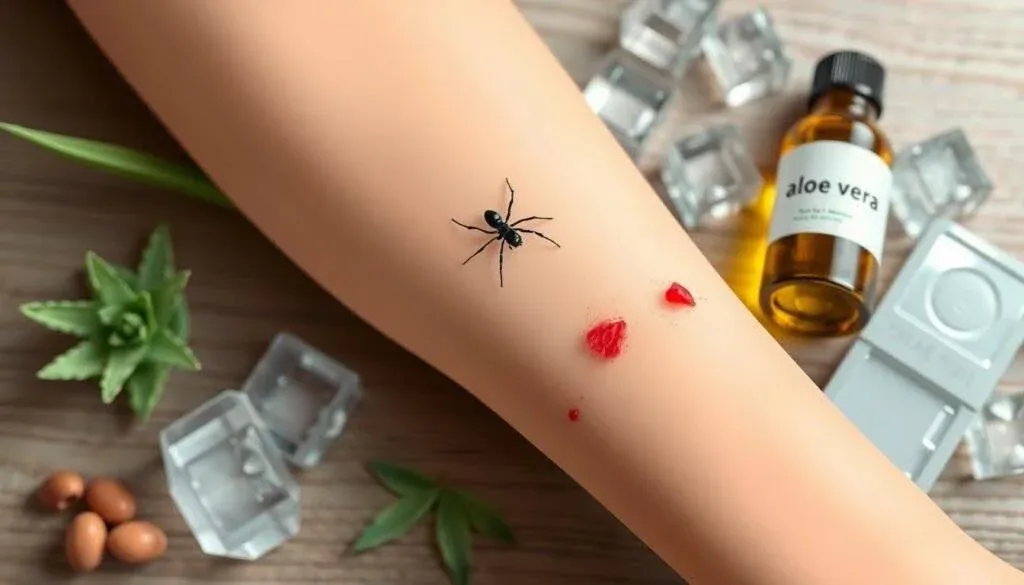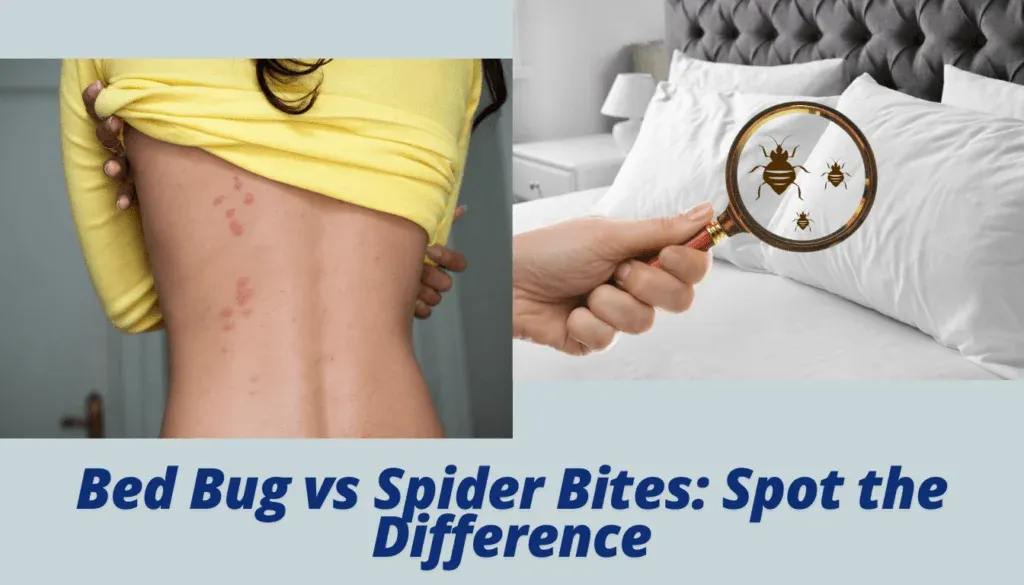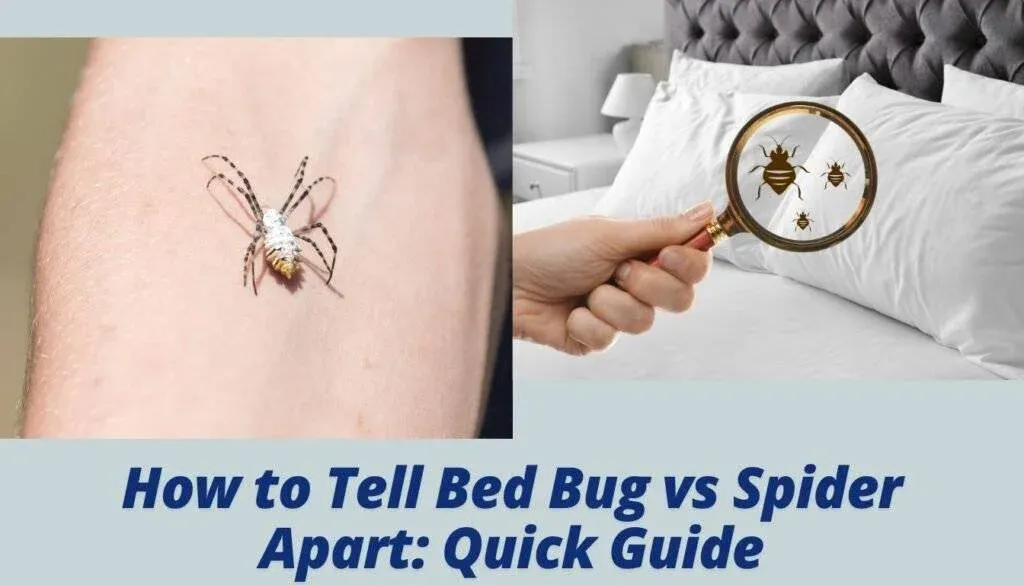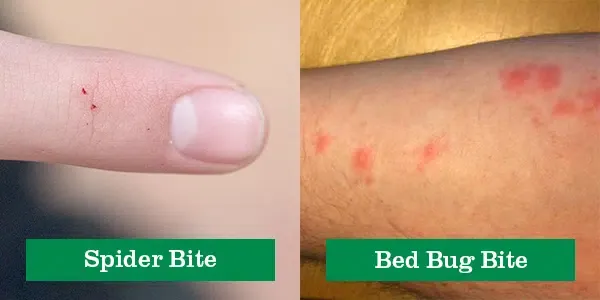Spider bites are often harmless and heal naturally within a few days. However, in some cases, the bite can become infected, leading people to wonder whether antibiotics for spider bites are necessary. While most bites only require home remedies, medical attention may be needed if an infection develops.
This guide explains when antibiotics are used, symptoms to watch for, and safe ways to manage a spider bite.
Do All Spider Bites Need Antibiotics?
The simple answer is no. Most spider bites cause mild swelling, redness, and irritation that improve with basic first aid. Antibiotics are only needed if the bite becomes infected or if a dangerous species, such as a brown recluse or black widow, causes complications.
Doctors usually prescribe antibiotics for spider bites only when bacteria enter the wound, leading to spreading redness, pus, or fever.
Signs a Spider Bite May Be Infected
Recognizing infection early is key. You may need antibiotics if you notice:
Increasing redness that spreads outward
Warmth and swelling around the bite
Pus or yellowish drainage
Severe pain that worsens after 24–48 hours
Fever, chills, or flu-like symptoms
If these symptoms appear, consult a healthcare provider promptly to discuss the right treatment.
Commonly Prescribed Antibiotics for Spider Bites
When infection is confirmed, doctors may prescribe:
Cephalexin (Keflex) – Often used for skin infections
Clindamycin – Effective for resistant bacteria like MRSA
Doxycycline – Sometimes recommended for infected bites with additional complications
Trimethoprim-sulfamethoxazole (Bactrim) – Used if staph bacteria are suspected
The exact choice depends on the type of infection and medical history. Self-medicating with antibiotics is unsafe; only take them under medical supervision.
Home Care While Healing
Even if you don’t need antibiotics, proper care is important. Here’s what helps:
Clean the wound with soap and water twice daily
Apply a cold compress to reduce swelling and pain
Use over-the-counter creams like hydrocortisone or antihistamines for itching
Elevate the affected area to minimize swelling
Avoid scratching to prevent infection
These steps often prevent the need for antibiotics and speed up healing.
When to Seek Emergency Care
Some spider bites require urgent medical attention, especially if caused by venomous species. Go to the ER if you experience:
Difficulty breathing or swallowing
Severe muscle cramps or chest pain
Black or expanding ulcers around the bite
Rapidly spreading rash or swelling
High fever or confusion
In such cases, antibiotics may be part of treatment, but antivenom or other supportive care could also be necessary.
Final Thoughts
Most spider bites heal without medical intervention, but infections can happen. Understanding when to use antibiotics for spider bites is crucial for safe recovery. If the bite shows signs of infection or you experience systemic symptoms, seek medical care immediately.
Proper wound care, monitoring symptoms, and avoiding unnecessary antibiotics are the best ways to recover quickly and safely.

